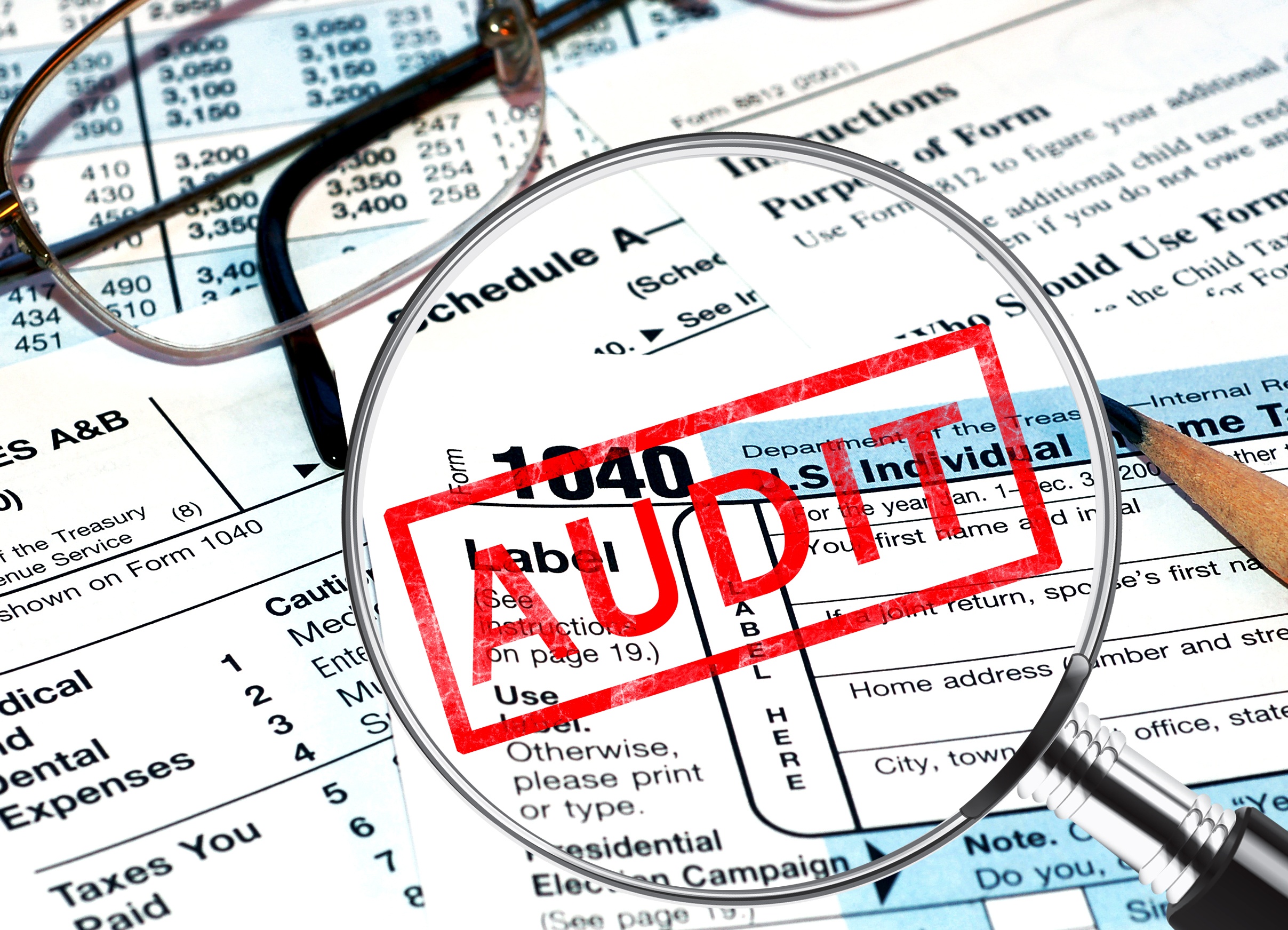Owing back taxes to the IRS threatens your finances and income. However, because of the FAST Act it can now put your ability to apply for or keep a passport in jeopardy. If you owe an IRS tax debt, you will benefit by learning if the FAST Act applies to you and how you can resolve your debt quickly to protect your passport.
Read More >Why the IRS is Denying Americans of Passports for Unpaid Taxes
Tips for Resolving Your Unfiled Back Taxes
The IRS expects you to file and pay your taxes on time each year. When you fall behind with your returns, you put yourself at risk of steep fines and penalties and collection activities like wage garnishments or bank levies. You can get caught up with filing your returns and settle your back taxes by using these strategies.
Read More >Easing Your Tax Burden by Deducting Summer Camp Expenses
Sending your children to day camp or summer camp can be an expensive endeavor. Even so, you may believe you have no other option for child care if you are working or going to school full-time or on the lookout for new employment.
Read More >The Sales Tax Audit Survival Guide
Have you received notice of an audit from a state or government agency? If so, you might be wondering what to do next. An agency might request a sales tax audit to review a private company’s accounting information. By sending an auditor to complete a thorough examination of accounting and information related to your business, an audit serves to identify discrepancies in your business data.
Read More >Understanding IRS Tax Penalties and How to Avoid Them
Tax season is stressful enough without having to worry about incurring IRS penalties. The IRS does not randomly assess penalties on people's tax obligations.
The Nine Most Overlooked Tax Deductions You Should Know
Tax deductions reduce the amount of taxes you owe to the IRS and ease the financial burden you face when you file your returns each year. However, some of the most lucrative eligible deductions are overlooked simply because most taxpayers do not know about them. You could lower your tax obligation and even get a refund by claiming these deductions if you are eligible for them.
Read More >5 Options to Resolve or Remove a Bank Levy
When you owe the IRS money, you put yourself at risk of having your bank account levied. A bank levy can invite financial hardship into your life and make paying everyday bills more difficult. However, you do have options for avoiding or removing an IRS bank levy.
Read More >6 Reasons to File a Federal Tax Extension
The IRS gives you until April 15 every year to file and submit your tax returns. Despite this generous deadline, you may find it difficult or impossible to get your taxes done on time this year.
Read More >Is the IRS Using Data to Find Audits?
Each year's tax season always brings with it the possibility of the IRS auditing your return. Even if you believe you have filed your taxes correctly and rightfully paid what you owed, you still may find your tax returns singled out for review. You can prepare yourself now for this minute but possible chance by understanding how the IRS uses data to select returns for auditing.
Read More >IRS Transaction Codes You Need to Know
An Overview of IRS Transaction Codes
When you order transcripts of your tax return, you may notice a series of letters and numbers at the top. What do these letters and numbers mean and why did the IRS put them there? In most instances, the code is nothing to cause worry or alarm. You can understand your own tax transcript better by learning more about common IRS transaction codes.
Read More >SUBSCRIBE VIA EMAIL
POSTS BY TOPIC
- Tax Tips and Help (285)
- IRS Collections (121)
- IRS Audit (72)
- Tax Credits and Deductions (70)
- Tax Resolution (62)
- Business Taxes (54)
- Back Taxes (48)
- Wage Garnishment (21)
- Tax Levies (19)
- IRS Payment Plans (15)
- Tax Liens (14)
- Offer in Compromise (9)
- Unfiled Tax Returns (9)
- IRS Tax Attorneys (7)
- Asset Seizure (6)
- Tax Evasion (6)
- Criminal Tax Defense (4)
- Innocent Spouse Relief (4)
- Alimony (1)











